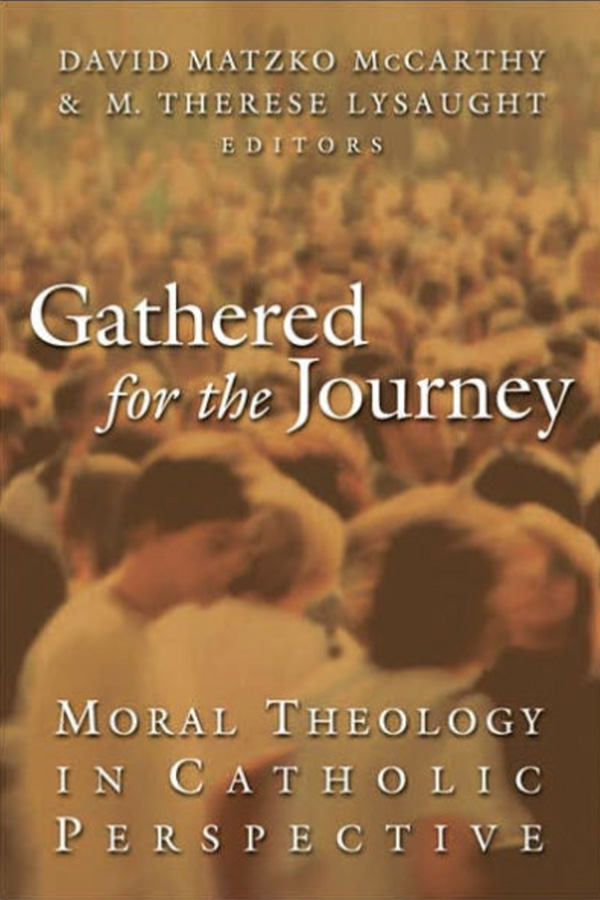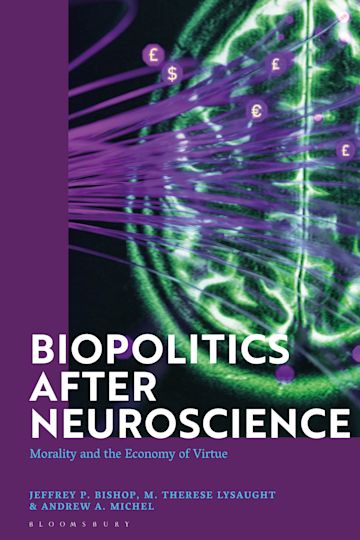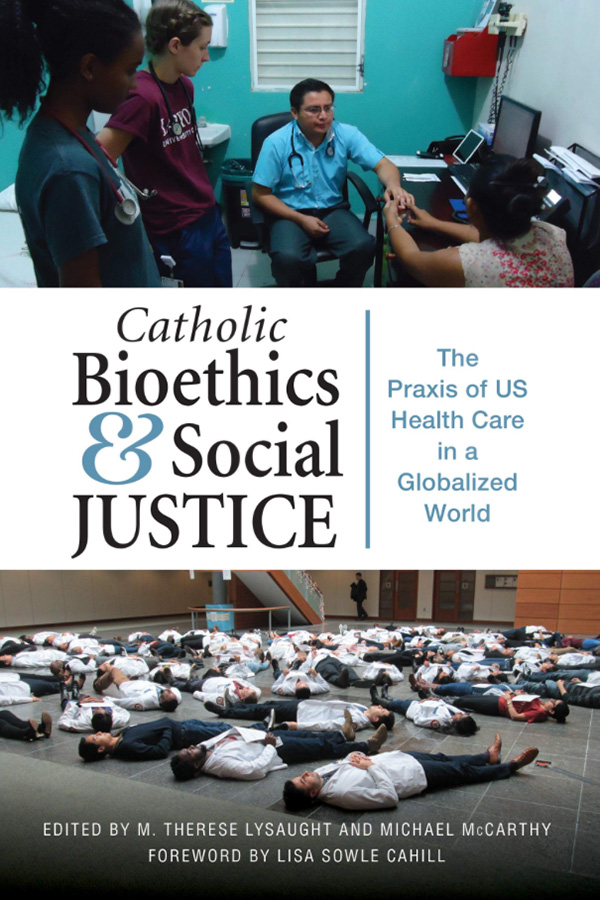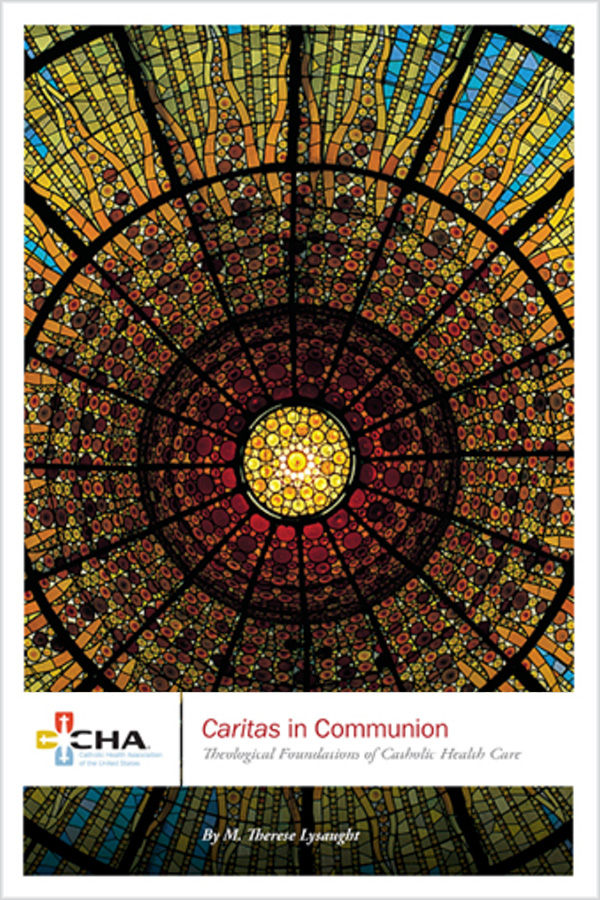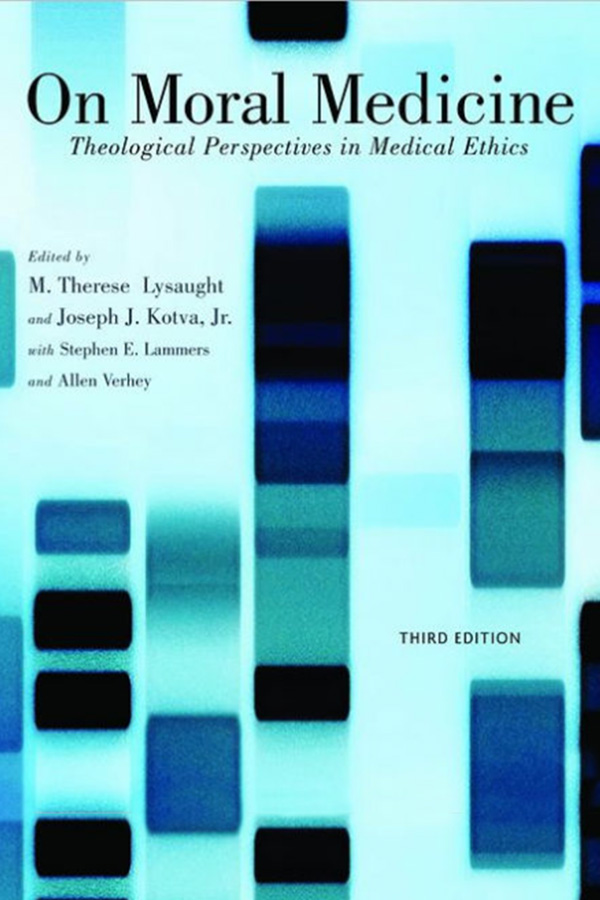
BOOKS
Gathered for the Journey: Moral Theology in Catholic Perspective (2007)
Gathered for the Journey recasts the fundamental elements of moral reasoning in their proper theological context—that of worship and discipleship. Bridging the silos between systematic, sacramental, and moral theology, it provides a fresh framework for a Thomistic approach to the moral life and demonstrates how these theological resources shape a distinctive response to questions of globalization, Catholic social teaching, the family, war and peace, bioethics, and the environment. Crafted as a distinctively unified collection, Gathered for the Journey represents a common project among Catholic scholars who are struggling with similar questions about living faithfully.
Co-editor David Matzko McCarthy is the Fr. James M. Forker Professor of Catholic Social Teaching and Associate Provost at Mount St. Mary’s University.
CONTRIBUTORS
Frederick Christian Bauerschmidt
William T. Cavanaugh
David M. Cloutier
Dana Dillon
James M. Donohue
Jeanne Heffernan Schindler
Kelly S. Johnson
M. Therese Lysaught
William C. Mattison III
David M. McCarthy
Michael R. Miller
Julie Hanlon Rubio
Tobias Winright
REVIEWS
“The Second Vatican Council spoke of the need for a Christ-centered, innovative, nonlegalistic approach to moral theology. This volume fulfills that need. Composed by a group of young Catholic scholars, it presents ‘the good life’ in light of Christ’s teaching and traditional theological concepts. After considering foundational concepts in a realistic perspective, it applies these concepts to various aspects of daily life, such as life in community, consumerism, family life, war and peace, and bioethics. Remarkably unified in content and purpose, Gathered for the Journey will serve well as a comprehensive textbook for college students, or as a reference work for anyone interested in learning more about friendship with God. As a moral theologian nearing the end of his career, my overwhelming reaction to this presentation is hope for the future of Catholic moral science.”
—Kevin O’Rourke, O.P., Neiswanger Institute, Loyola University Chicago
…
“In 1965, the Vatican II document Optatum Totius charged Catholic moral theology to draw more fully on other theological disciplines and to be more informed by scripture in its work. Gathered for the Journey: Moral Theology in Catholic Perspective…provides a model for fulfilling that mandate. Taken together, the essays illuminate an approach where moral theology functions to help one live a Christian life-a life lived in response to God, formed in the church’s communal life of worship, and manifested in daily living. This is a welcome and refreshing perspective to balance the more deductive methodological approach to Catholic moral theology. The constant call for a life of moral conversion is conveyed in an energizing manner in the essays on liturgy and scripture. The reviewer found [the essays in part 3 to be] the most engaging and exciting aspect of the book. The six essays highlight the fact that if moral formation takes time, then the solutions to moral dilemmas take time, reflection, hard work, and communication; there is no cheap grace. This section is valuable in an era of sound bite morality and an age that seeks quick answers to multi-faceted questions and issues. Catholic Social Teaching, the ethics of children rearing, and environmental ethics are explored. The other topics covered are an exploration of a consumer culture and how liturgy offers an alternative framework for perceiving consumption, an analysis of the Terri Schiavo case using Holy Week themes, along with the biblical command to “love your enemies,” and an assessment of war by starting with the concept of peace in scripture and our liturgical practice.”
—Kathryn Lilla Cox, College of St. Benedict/St. John’s University, Worship
…
“This collection offers the important voices of emerging young scholars who bring fresh perspectives on a traditional discipline. They show that ‘moral theology’ is as much about a way of life as about analysis of problems. Readers of Gathered for the Journey will see what it takes to energize Catholic teaching for a new generation. The originality of the contributions makes them essential reading for the scholar; their timeliness and practicality match them perfectly to classroom use.”
—Lisa Sowle Cahill, Boston College
…
“Every few years a book appears that makes one say: “Yes, they know what they are talking about. What a great contribution!” Gathered for the Journey is one of those books…Perhaps the most refreshing aspect of the book is the conviction that though principles and speculation concerning the foundations of moral theology are important, living a moral life is equally, if not more, important….Clearly, the authors invite us to think differently about some of the issues usually identified as moral concerns….I hope we will hear more from these authors in years to come. It is encouraging to think that these highly articulate messengers of the Catholic tradition will be instructing young people of the present and forthcoming generations. Of course, the work is valuable for all who have an interest in moral theology, integrated with the sources of faith and spiritual growth.
—Rev. Kevin D. O’Rourke, O.P., National Catholic Bioethics Quarterly
…
“The integrating image is of the Christian life as a journey, undertaken by a community of disciples, who find themselves gathered for worship…The sacramental context of healing and reconciliation provides Therese Lysaught with a radical and challenging view of medicine and bioethics, very much in contrast to the dominant model of scientific medicine. Lysaught’s chapter on bioethics is a real gem and succeeds in making the point about the connection of the Christian’s moral living to liturgy.”
—Patrick Riordan, Heythrop Institute for Religion, Ethics and Public Life, The Heythrop Journal
…
“This ethics textbook is the fruit of overlapping friendships and collegial relationships among a (mostly) younger generation of American Catholic academics. Reading the prior generation of Catholic moralists, namely those who came of age fighting over Vatican II, it sometimes felt like one had to choose between theological orthodoxy or social justice, respect for the magisterium or pastoral sensitivity, traditional piety or alertness to modernity. Such false choices are transcended in this volume. Three cheers for the changing of the generational guard!”
—Christopher C. Roberts, Villanova University, Theology
…
“This volume offers a comprehensive exploration of the framework of Catholic moral thinking, inviting non-Christians and non-Catholics alike for the journey. The volume proceeds in three parts, setting out the liturgical and communal context in which moral reasoning takes place, followed by the virtues and goals intrinsic to this journey, and concluding with a robust analysis of several pressing issues in moral theology, treating each one from the assumption that moral progression and reasoning takes place from the context of the believing community living out its life together. The comprehensive vision of this book, designed as neither simply a compendium of issues nor a primer in theological method, is an excellent introduction to the discipline of Catholic social ethics. Written in an accessible style without sacrificing theological erudition.”
—Myles Werntz, Baylor University, Religious Studies Review
…
“Catholic moral theology is central to understanding the Christian life and its practice in the family, church and society. We are always in the midst of the challenge of finding a way to clearly speak of moral thinking. Gathered for the Journey answers this challenge in a remarkably coherent way….Of the fifteen essays, I would like to highlight the two essays by M. Therese Lysaught, ‘Love and Liturgy’ and ‘Love Your Enemies: Towards a Christoform Bioethic’. Lysaught’s style is both lucid and instructive for students studying moral theology. In many ways, it reads like a lecture, however a lecture that is heartfelt with the intention to follow Christ. Hence, it is not surprising that she brings out the good of love and friendship to testify to the kenotic love of Christ. Moreover, Lysaught invites her readers to discover this through liturgical practice. Thus, we find a rational way to speak of the moral life through a Eucharistic habitus. Such Christian life, in Lysaught’s view, gives rise to a Christoform bioethic where the sacramental and Christian life become the resources for the pressing questions of medicine and theology. Approaching theological-moral questions with the examples of the Schiavo case and the life of Joseph Cardinal Bernadin, the reader is drawn to the otherness of Christ. As a general and practical introduction to the rich tradition of Catholic theology and contemporary issues of moral theology, Gathered for the Journey would prove a worthy textbook and required reading.”
—Glenn Morrison, University of Notre Dame, Fremantle, Australia, Expository Times
“Gathered for the Journey will serve well as a comprehensive textbook for college students, or as a reference work for anyone interested in learning more about friendship with God. As a moral theologian nearing the end of his career, my overwhelming reaction to this presentation is hope for the future of Catholic moral science.”
— Kevin O’Rourke, O.P., Neiswanger Institute, Loyola University Chicago

